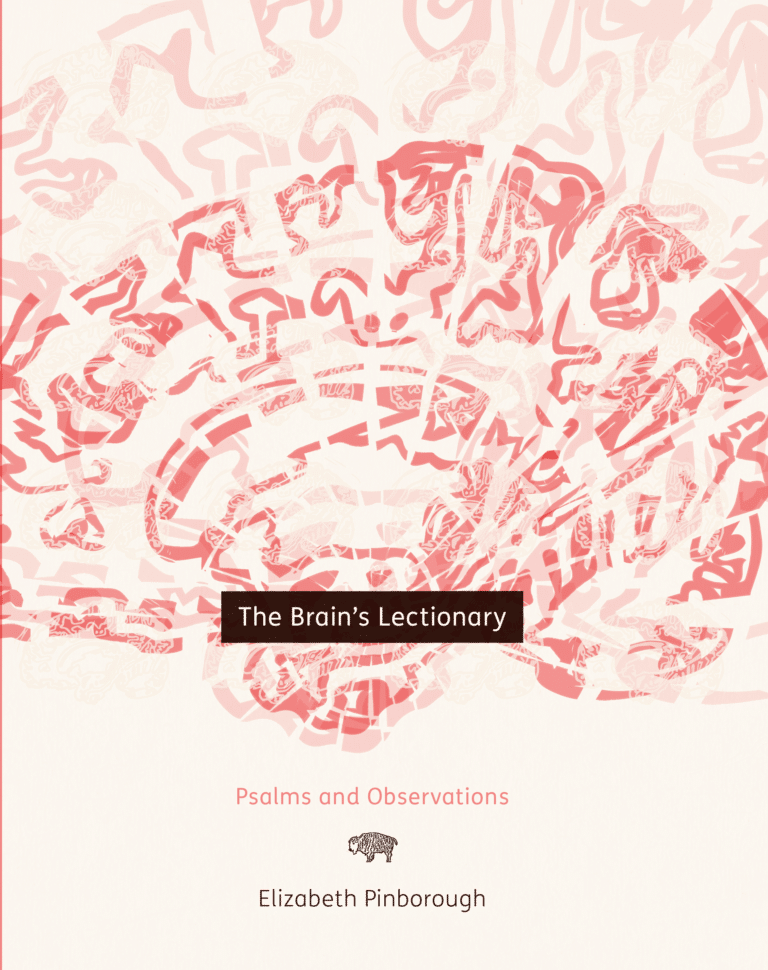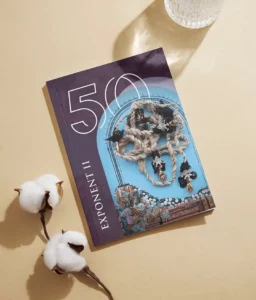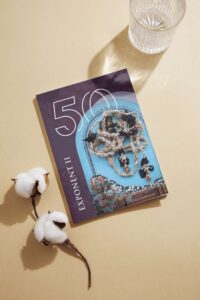Review of The Brain’s Lectionary: Psalms and Observations by Elizabeth Pinborough
Elizabeth Pinborough’s The Brain’s Lectionary: Psalms and Observations (BCC Press 2022) is a poignant collection of poems that trace the narrator’s literal and figurative paths toward healing after a traumatic brain injury. The collection embraces the full potential of the page, both in words and in artistic visuals. Together, these elements invite the reader to ask questions: How do we celebrate the human body and also acknowledge its frailties with grace? What is the physical and spiritual nature of healing? How do we engage with language’s limits, especially when it fails?
The non-linear journey through a mind healing from a brain injury and custom artwork by the author create a compelling, invigorating whole in all their spiritual complexity. Pinborough’s linocut illustrations of her brain at different angles, brain stems, and other natural elements accentuate a sense of marvel for this important organ. The narrator embraces anatomy and weaves scientific terminology into her work as she undergoes this solitary journey of capturing truth and a sense of wholeness.
“I do not want / to look / at the beautiful / things / of this world / with / damaged eyes.” (2)
“And if my brain dances / in her own twilit wild, / singing / (with gown torn, raving) / a hymn of / shame, / then I will be found on / the causeway to a / salted lake / where buffalo brush / purple skeins of sky, / holding / my camera out the window.” (33)
Each poem contains layers upon layers, evidenced in the fascinating notes section, as well as in the creative use of white space. “Pseudoliparis swirei,” for example, shows a poem curling through the pages like a diving fish. “Spiral hearts” depicts the concrete structure of a heart. “Ekphrasis on a sagittal brain slice by Drs. Greg Dunn & Brian Edwards” shows stanzas scattering horizontally and vertically, with some sections made up of playful marks and dashes, symbols that defy language but nonetheless suggest atoms as they fall upon the mind. “Collect for Neurogenesis” does something similar, where endpoints marking blips and absence do as much work as the literal words presented.
This is a collection of poems made for our difficult time, an authentic dive into dark waters with glimpses of light and hope. Images of both water and light stream through the pages, creating not only an immersive, but a submersive experience, one that resonates on the universal level with our tenuous present. A few selections:
“I’ve always believed this was a kind of sea of his mind, of going far beyond the capacity of a very capable swimmer, of glimpsing God’s aquamarine fathoms.” (129)
“When self capsizes, dear swimmer, / is north still North?” (67)
“Today, be gentle / with your self. She has brought you here, by whatever means necessary.” (21)
Stepping away from this collection, readers are left with a feeling of hard-earned wisdom and wonder for this particular mind, as well as a greater appreciation for their own. ⋑




